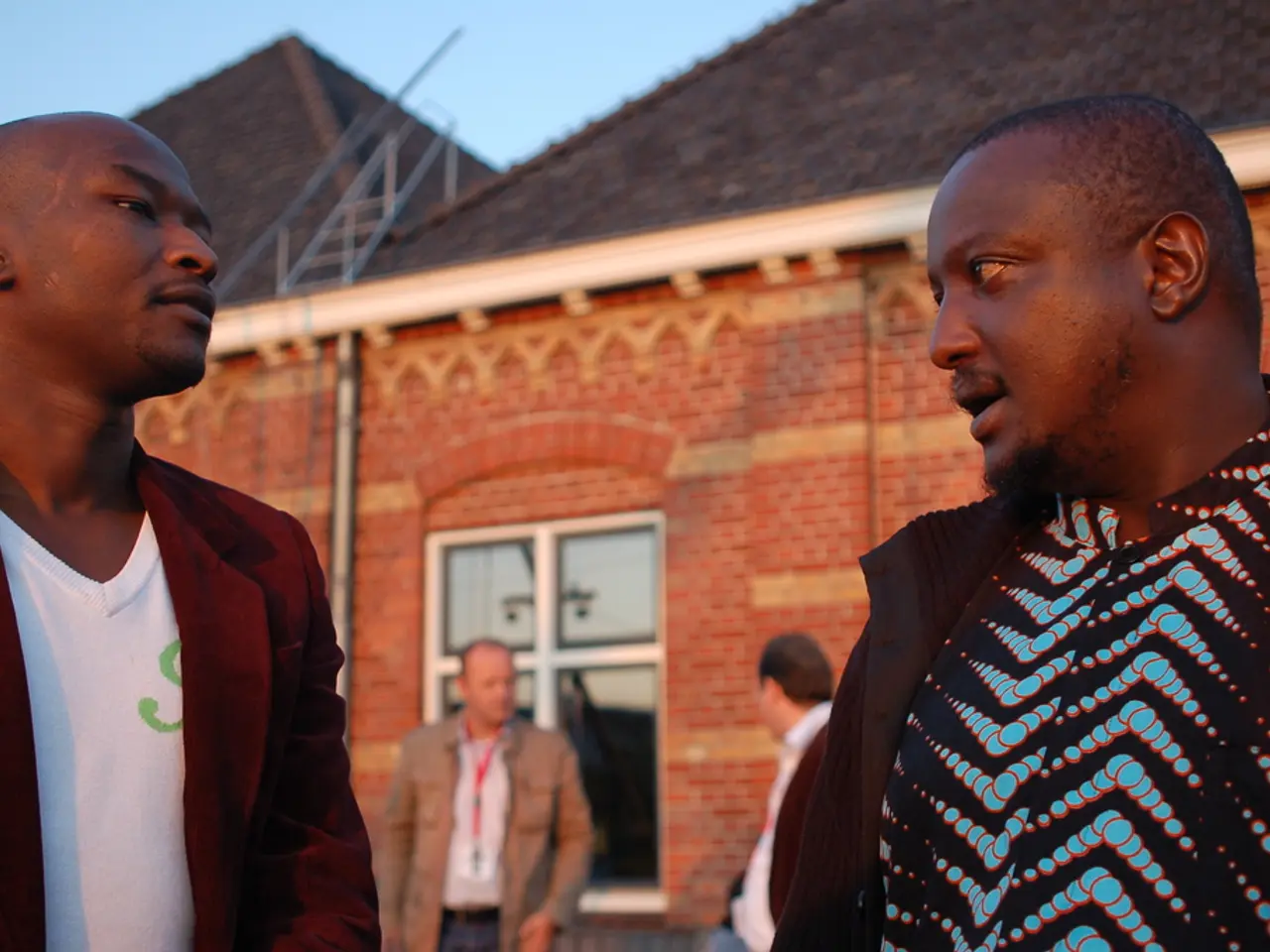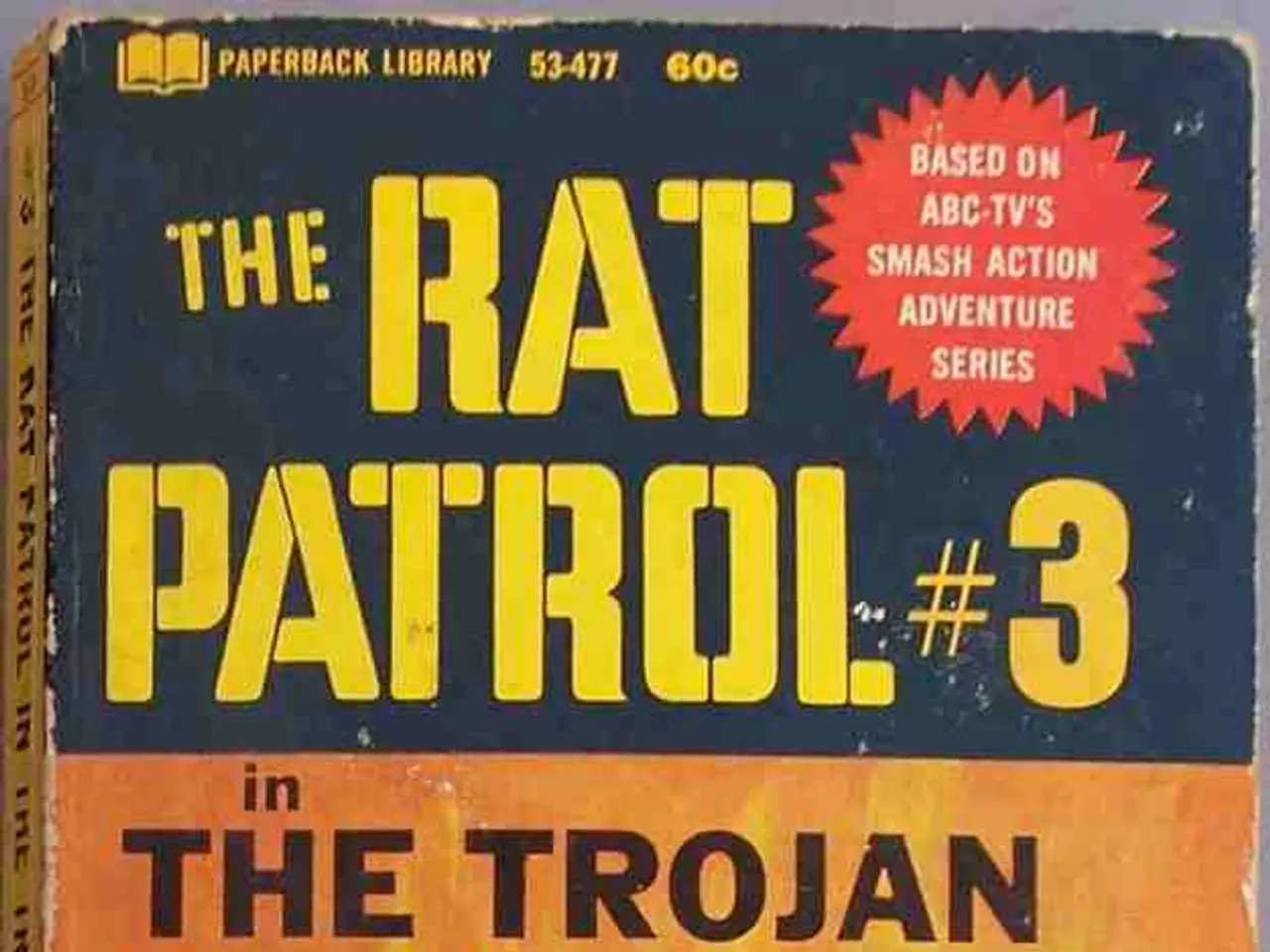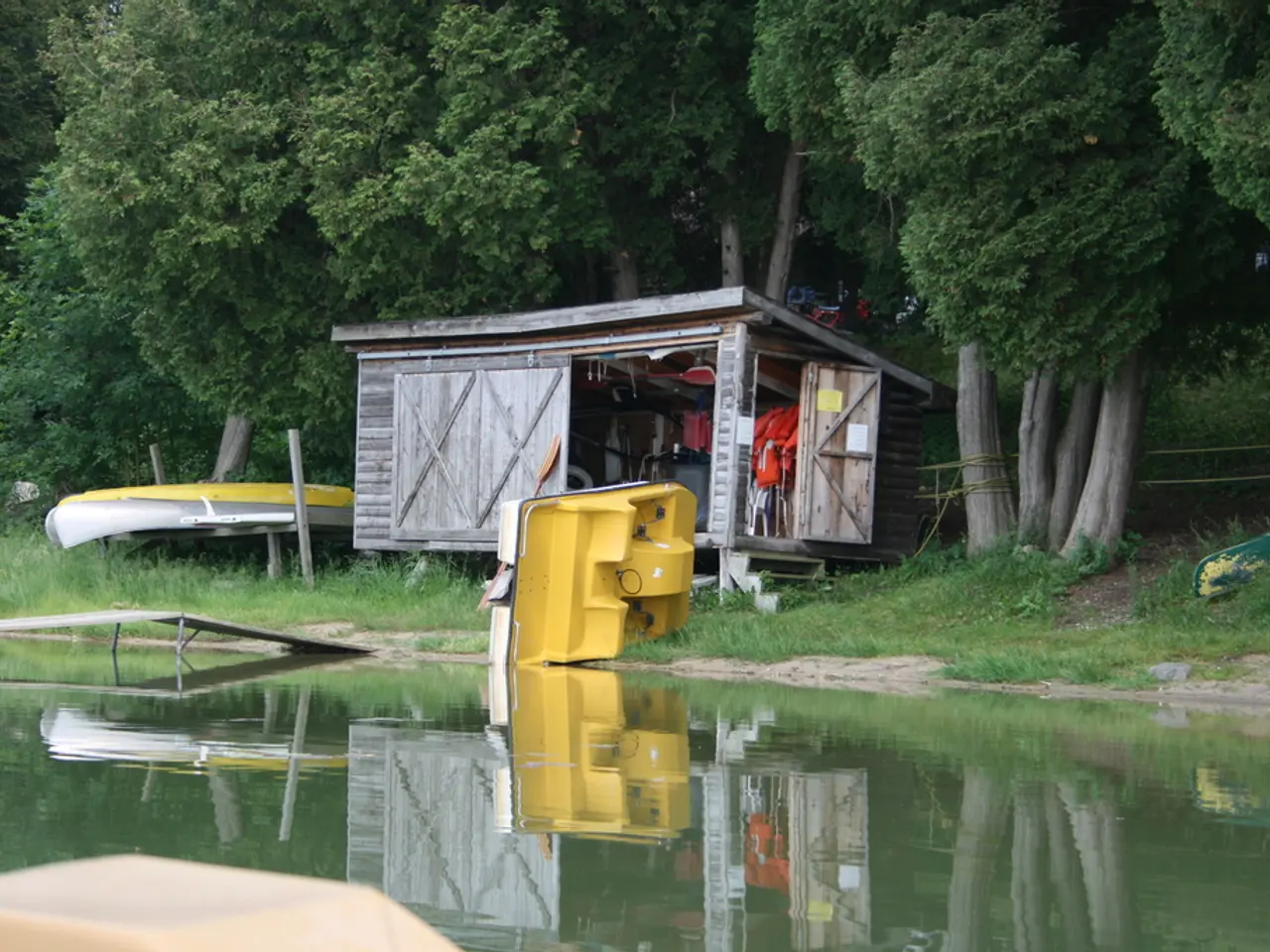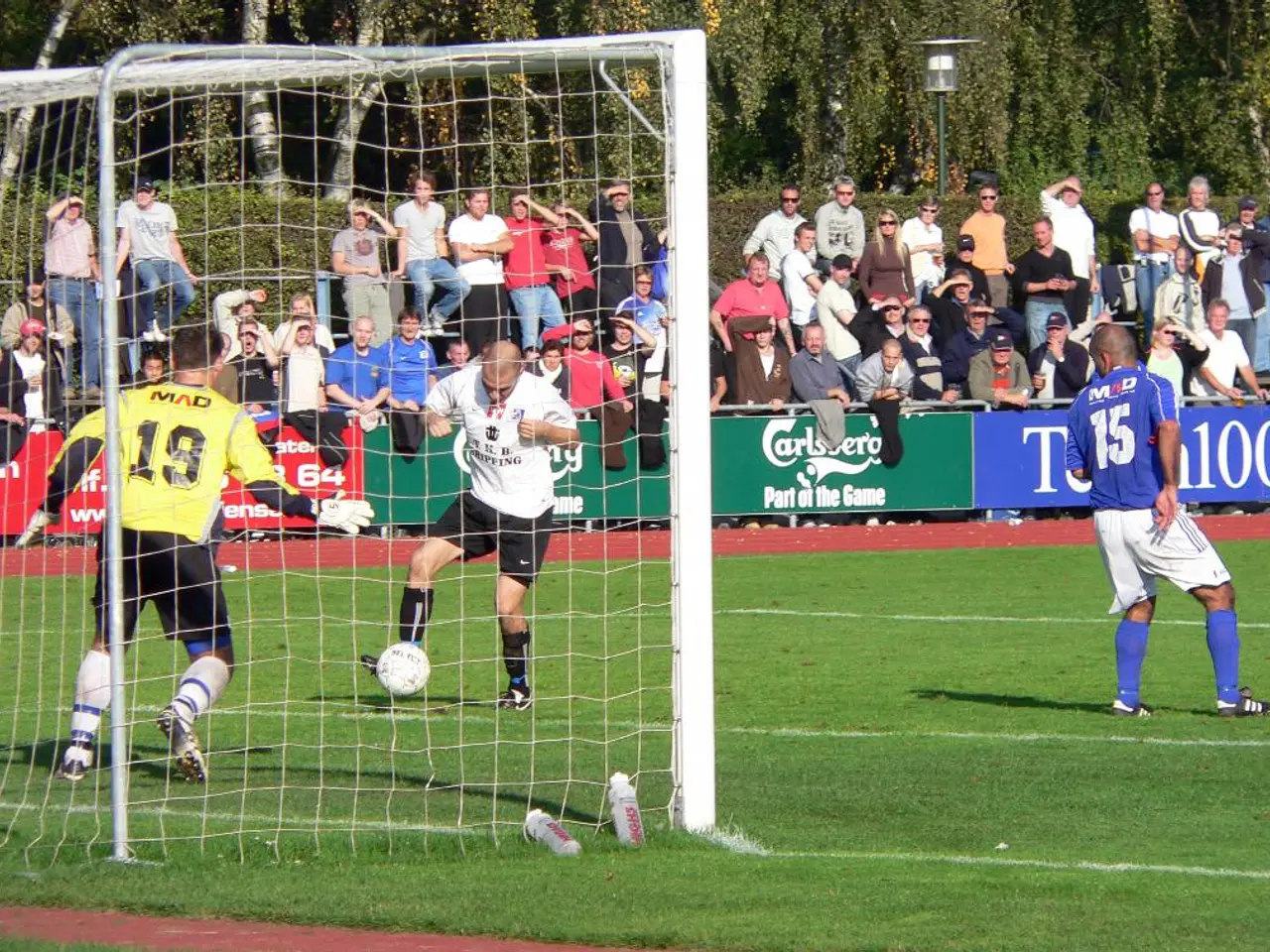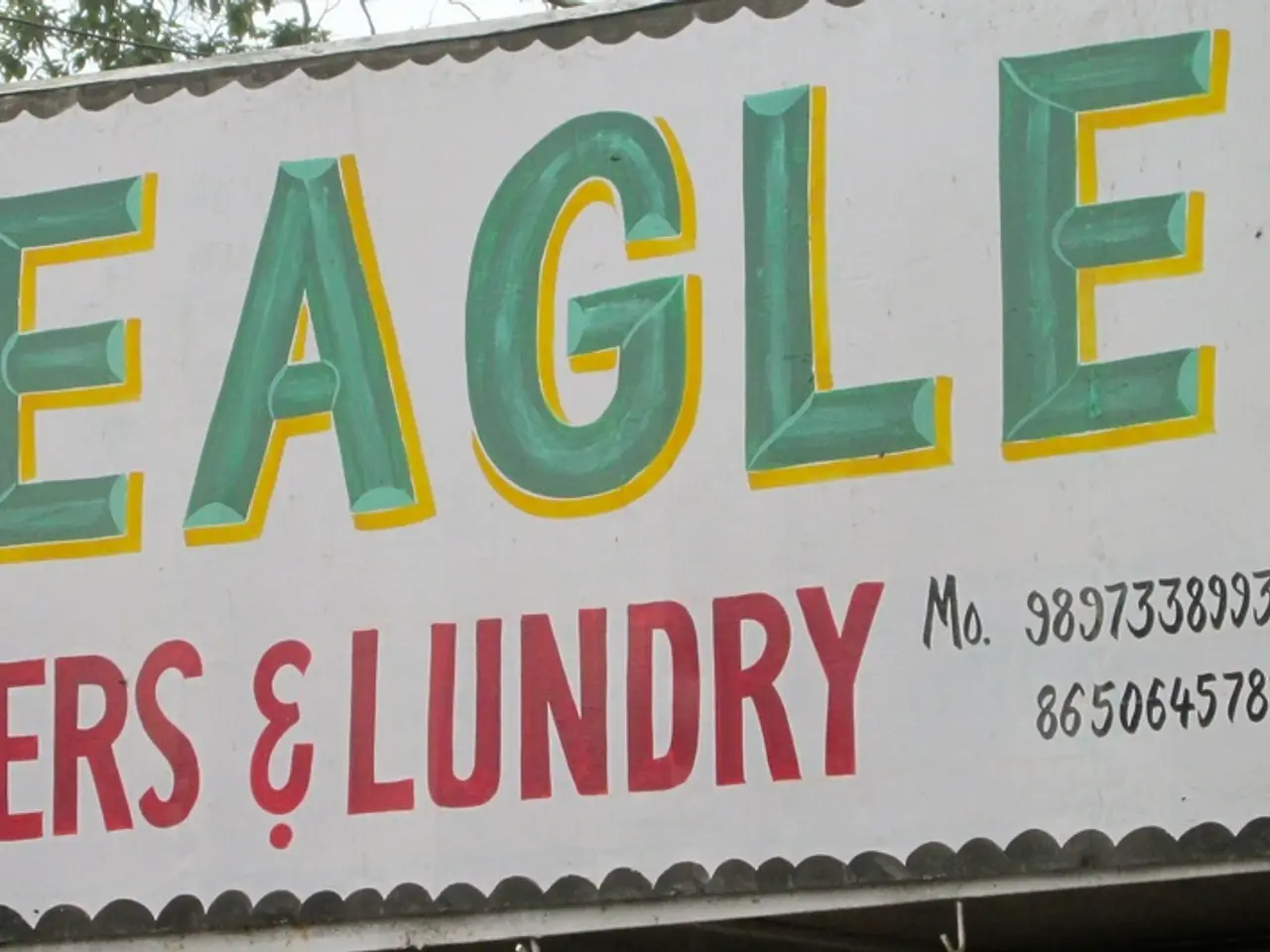Belarusian families find themselves divided between two distinct immigrant settings.
The family of Nikolai, a Polish resident, has been navigating a complex process to reunite with Tatiana and their youngest daughter. Due to political reasons, Nikolai and his elder daughter have been living in Poland, while Tatiana and their youngest daughter have remained in Belarus.
In an attempt to reunite, the family planned for Tatiana to move to Poland with their youngest daughter. However, obtaining a Polish visa has proven to be a challenge. In May, Tatiana visited the consulate with her "Karta Polaka" and a rental agreement, but was asked for additional papers.
Despite multiple attempts, Tatiana was unable to obtain a new visa in July. She then decided to apply for a visa at the Polish consulate in Tbilisi, Georgia, due to her long stay in the country. The consulate told Tatiana that there should be a six-month gap between returning from Poland and applying for a visa.
To facilitate the process, Nikolai prepared and sent the required documents to Tatiana in Georgia, including papers explaining why he couldn't return to Belarus. He also intends to get a new permit from a notary without mentioning the Belarusian registration.
The youngest daughter of Nikolai's wife has been enrolled in a state school 25 kilometers from home. With a Georgian residence permit, Tatiana hopes to obtain a new Polish visa without being sent back to Belarus. Applications for a Georgian residence permit are usually processed in one to several months.
It's important to note that a Belarusian citizen holding a "Karta Polaka" and Georgian residence generally needs to apply for a Polish visa by submitting specific documentation proving their status and eligibility. This includes a valid "Karta Polaka," valid residence documents from Georgia, standard visa application documents, and possibly additional documents if applying for work or study.
Regarding a minor’s Belarusian registration details, such biometric or registration data can affect the visa application. The visa consul may check for consistency in personal details and registrations to verify identity and eligibility. Any discrepancies or outdated registration documents may lead to additional scrutiny or delays. For minors, if their Belarusian registration differs from the documents submitted, it might require explanation or supplementary evidence but does not automatically disqualify the application.
In summary, it is advisable for the Belarusian citizen to prepare all identity documents carefully, confirm their "Karta Polaka’s" validity, and disclose their Georgian residence status when applying for a Polish visa. For minors, keeping Belarusian registration data updated and consistent with submitted documents is important to avoid complications.
The family's next attempt to obtain a Polish visa is planned for September.
In September, the family will attempt to securse a Polish visa for Tatiana and their youngest daughter, with Nikolai sending the necessary documents to Georgia. The family hopes the Georgian residence permit will aid in this process. However, due to the family-dynamics and complicated political reasons, steady communication and careful document preparation are essential to avoid general-news about migration complications. Additionally, the consulate may scrutinize minor's Belarusian registration details, so keeping these consistent and up-to-date is crucial to ensure a smooth family-dynamics and relationships.
